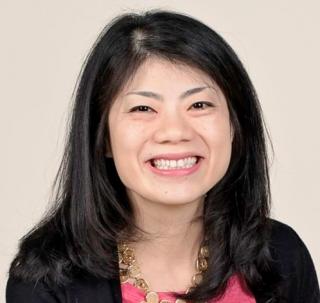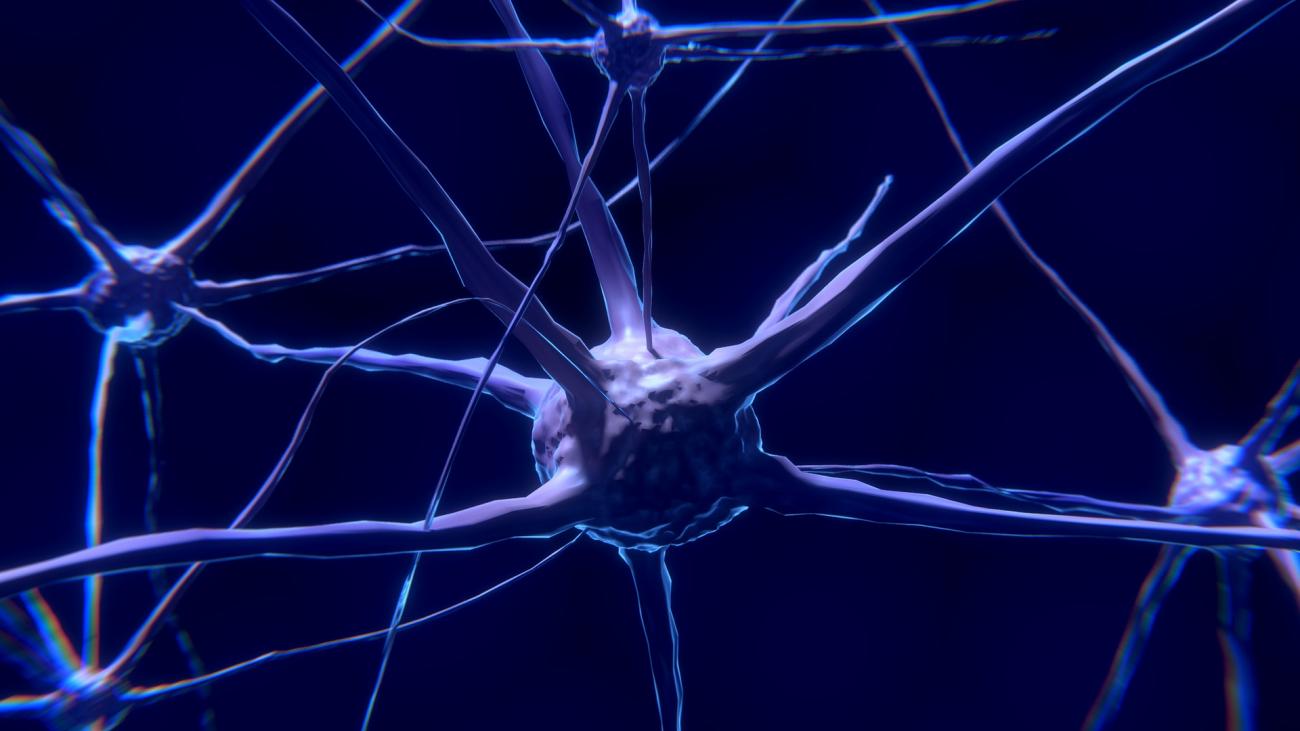Yi Ting Huang is a Professor in the Department of Hearing and Speech Sciences (HESP). She received her doctorate in developmental psychology at Harvard University and trained as a postdoctoral fellow in cognitive psychology at the University of North Carolina at Chapel Hill. A researcher in language processing in adults and children, she has applied this expertise to multiple populations and societally important problems, including the relationship between language learning and poverty, cochlear implant users and children learning language in the more isolated setting of a pandemic. Dr. Huang has led several interdisciplinary projects and is the principal investigator of a UMD Grand Challenges team project on “Fostering Inclusivity through Technology” that aims to improve remote work experiences for autistic individuals. During the pandemic, she spearheaded KidTalk, a project that studied young children’s pandemic language experience, funded by the National Science Foundation (NSF). Dr. Huang is also a co-principal investigator on the NSF-funded project that established the Language Science Station at Planet Word Museum in Washington, D.C. She is currently the Director of the Maryland Language Science Center, a member of the Executive Committee for the Program in Neuroscience and Cognitive Science, and an Associate Editor of the journal Language Acquisition.
Degrees
-
PhDHarvard University
-
MAHarvard University
-
BANorthwestern University
My research investigates the intersection of language, cognitive, and social development in children. How is language comprehension shaped by past experiences? How do early processes influence later outcomes? Anyone who has tried their hand at a second language knows the sheer complexity of this task. Moreover, the way we talk (e.g., words, accents) provide reliable signals of our past interactions. I apply these insights to examine how children from varying backgrounds (e.g., SES, dual language learners, cochlear-implant users) develop distinct strategies for comprehending sentences. This work challenges traditional notions of shared linguistic processes, and moves beyond long-standing divisions between basic vs. applied research. After all, language abilities are useful when they enable children to effectively communicate across contexts. Likewise, improved models of how they do so enables better interventions for addressing challenges due to experiance variation (e.g., school settings).
My primary tool for investigating these questions is the eye-tracking while listening paradigm. This method assesses comprehension in both literate and illiterate populations (e.g., your typical 5-year-old) and yields fine-grained measures of interpretations as they occur. However, beyond simply providing more a sensitive index of language ability, this approach reveals the architectural properties that support a learner’s capacity to learn and understand language. Through this lens, my research pursues two primary goals. First, it seeks to spell out the computational demands learners face with encountering spoken utterances and specifies the challenges posed by variations in the accessibility, reliability, and timing of input. Second, it seeks to understand the resources that different learners are equipped with to overcome these demands, by way of their language experience, hearing abilities, and general cognitive capacities. By isolating conditions that support successful and unsuccessful language comprehension, we gain a better understanding of the causes of variable outcomes and how to address them in academic settings.
-
ProfessionalServiceAssociate Editor, Language Acquisition
-
ProfessionalServiceEditorial Board, Journal of Experimental Psychology: Learning, Memory, and Cognition
-
CampusServiceDirector, Maryland Language Science Center
Current Students
Former Students
-
Student NameAlix Kowalski
-
Student NameRachel Adler
-
Student NameZoe Ovans
-
Student NameMichelle Erskine
-
Student NameArynn Byrd




